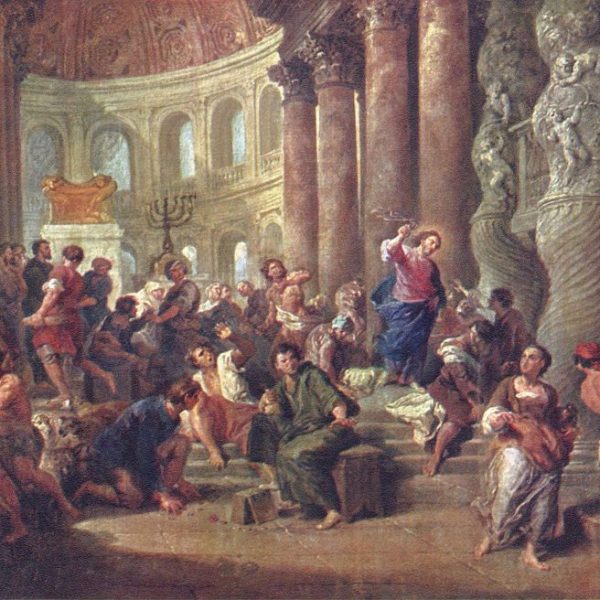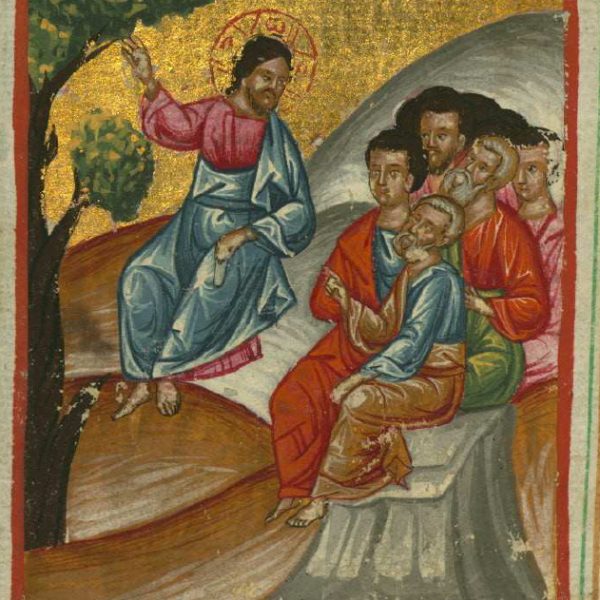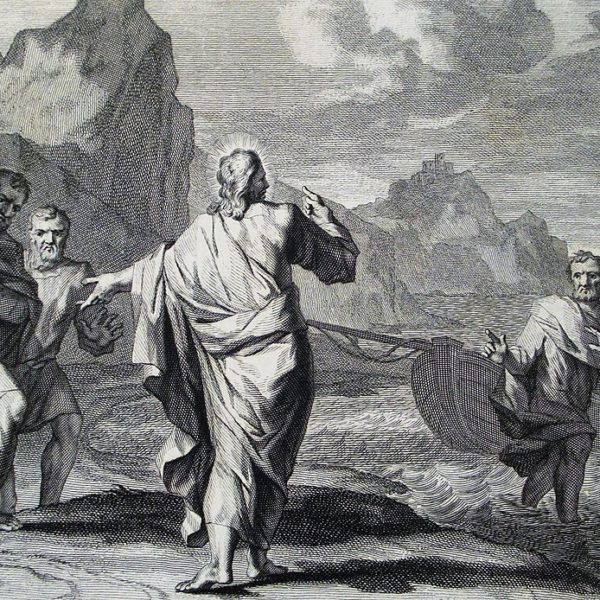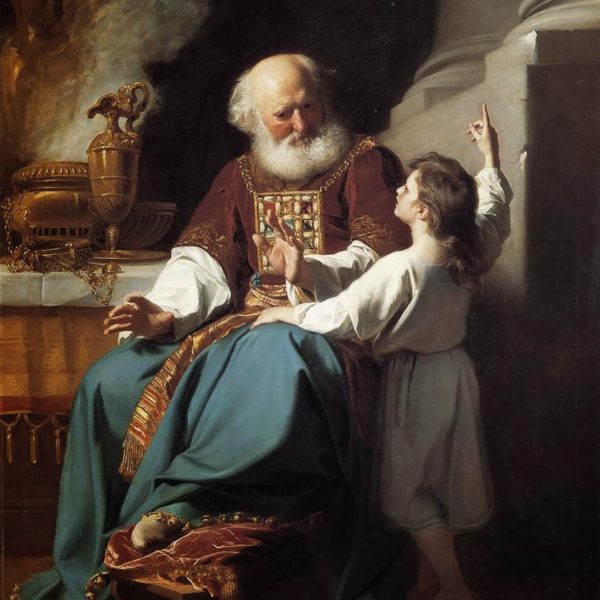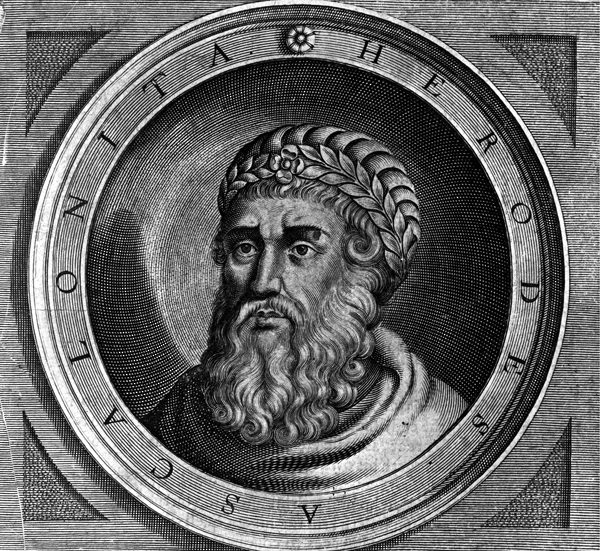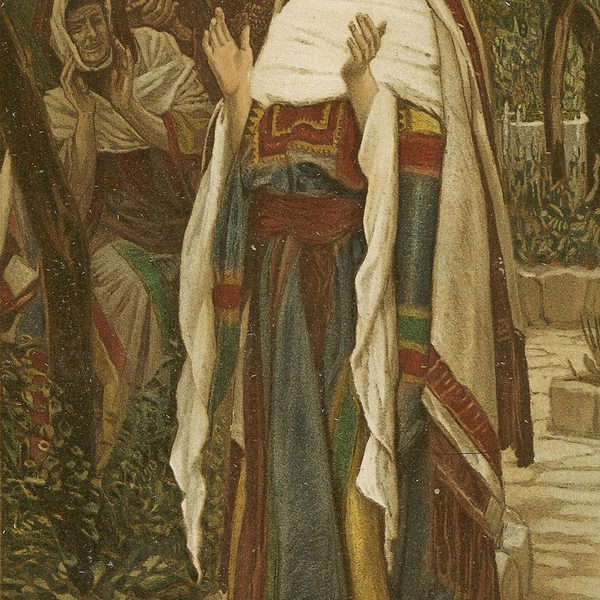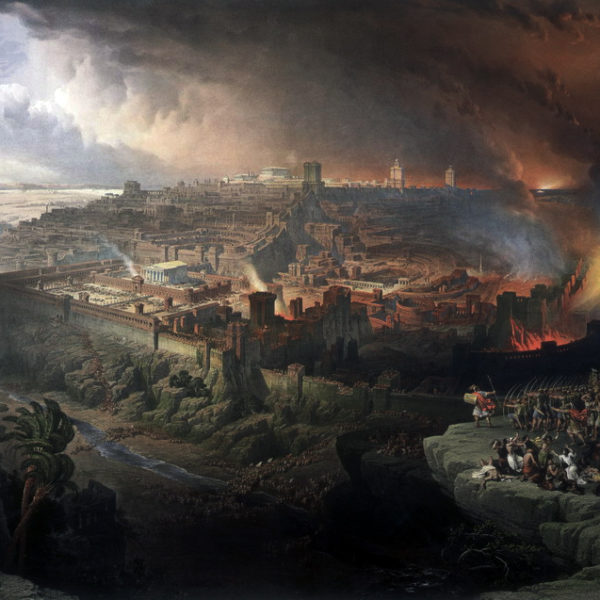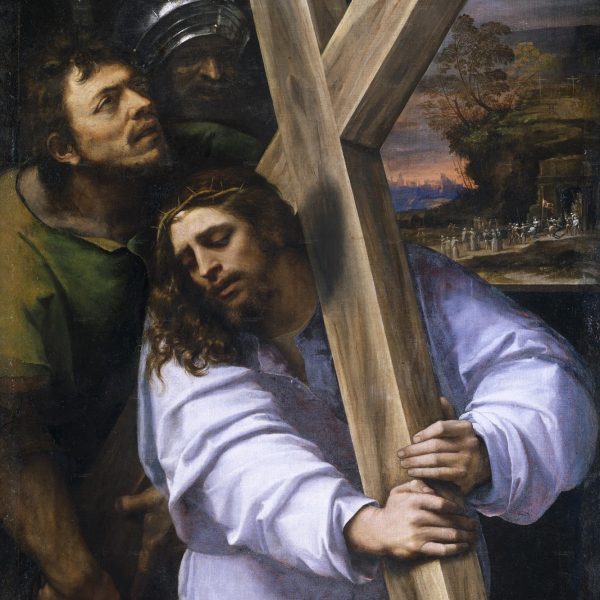
It is the crucified Christ who sends us out to his sisters and brothers who are being crucified by the powers-that-be every day. Are we willing to do what Jesus requires and die in the process? Or will we deny Jesus in order to save ourselves?
By Fritz Wendt

God brings his judgment in and as the light, providing us with a pattern for human justice.
By Melissa Dow
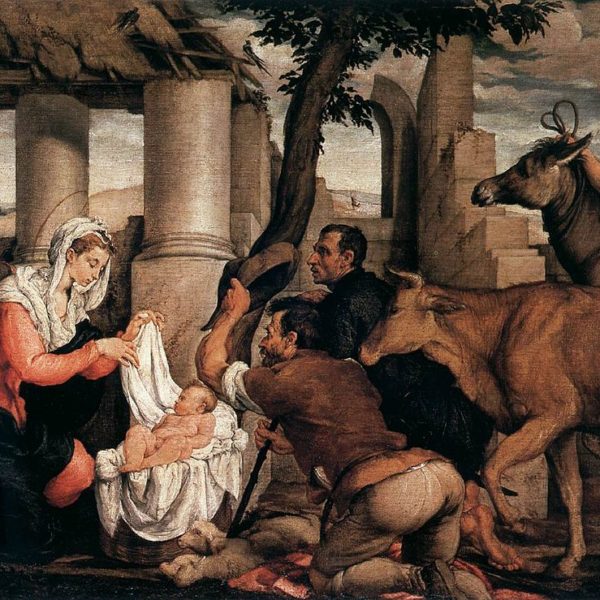
The story of the sign given to the shepherds—the Child wrapped in swaddling clothes, laid in a manger—both recalls and anticipates other scriptural events in significant yet surprising ways. It also reminds us of our vocation, as those who must declare the good news of the sign of Christ to the shepherds of our age.

The Magnificat is a song of divine disruption, the song of God’s revolution.
By Fritz Wendt
